WINNIPEG — A 14-year-old Winnipeg girl is calling on the city, police, media and government officials to change the way missing and murdered indigenous women cases are handled in comparison to non-indigenous missing person cases.

Brianna Jonnie wrote a two-page letter that she sent to Mayor Brian Bowman and Police Chief Devon Clunis.
“The colour of one’s skin, their socio-economic status, or whom their legal guardian is, should not determine the level of assistance and resources put in place to find them if they are missing and yet, it does,” wrote Jonnie in a portion of her letter.
She brought up three particular missing persons cases in her letter: Tina Fontaine, Thelma Krull and Cooper Nemeth.
Fontaine was a 15-year-old indigenous girl with a history of running away. She went missing in Aug. 2014 and just over a week later her body was pulled from the Red River.
57-year-old Thelma Krull has been missing since last July after leaving her home one morning to go for a walk.
RELATED: Winnipeg grandmother still missing after 6 months
Most recently, 17-year-old Cooper Nemeth went missing after a house party one Saturday night. A massive search party spent more than a week scouring the city for clues. His body was found in a garbage bin in a random backyard just minutes away from where he was last seen.
Jonnie said while information about Krull and Nemeth was made public less than 24 hours after they went missing, it was four days before police made the first request for the public’s help to look for Fontaine. She also points to the large number of strangers who stepped up to help search for both Krull and Nemeth.
READ MORE: Overwhelming response to search for missing Cooper Nemeth
“It teaches the boys and men who discard girls in rivers, beat them in back lanes and drug them at parties that indigenous girls’ lives don’t matter — they won’t be missed. No one will look for them,” Jonnie wrote in her letter.
On Monday, she met with the mayor in a closed door meeting to voice her concerns in person. Jonnie also has a scheduled meeting with Clunis for Monday afternoon.
She said she thinks it went well and that change will come. Bowman did not speak with media.
Nemeth’s dad, Brent, responded to Jonnie with his own letter, in which he said police didn’t put more emphasis on his son’s case and said the letter is off the mark.
Searches are “fueled by families and communities and police can only do the job they are enlisted to do. And it is the same for everyone,” he said in his own letter. Nemeth went on to note that his son’s family, friends and community “found the leads … the tips … and the feet on the street to rattle the earth. It wasn’t 1,500 police officers out there.”
WATCH: Cooper Nemeth’s family speaks at smudging ceremony

Winnipeg police said there are a number of reasons why certain missing persons cases may not be disclosed to the media or public right away.
In some circumstances police haven’t been notified right away that the person has gone missing. The family may not want the information released or the person has a history of disappearing and returning.
Detective Sergeant Shauna Neufeld with the missing persons unit addressed the media after “multiple media inquiries” at 3 p.m. That was live streamed on this page.
“Sometimes there’s an urgency such as suicidal youth, a senior suffering from dementia or an individual whose behavior has extremely deviated from the norm,” Neufeld said while explaining when the missing persons unit issues a news release. “Those are some examples, there are many others.”
About 26 per cent of missing person cases in Winnipeg last fall came from just 30 people who repeatedly disappeared and 66 per cent of cases were reported by group homes.
About 71 per cent of missing persons reports were habitual or chronic cases.
Currently in Winnipeg there are 55 missing youth and 26 adults. In 2015 there were more than 6,000 missing person reports, from those there are four that remain unsolved.



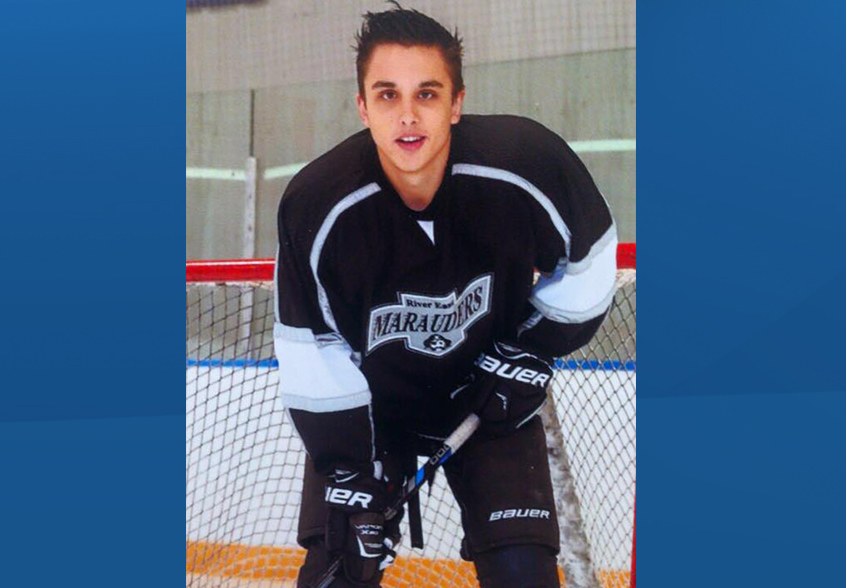

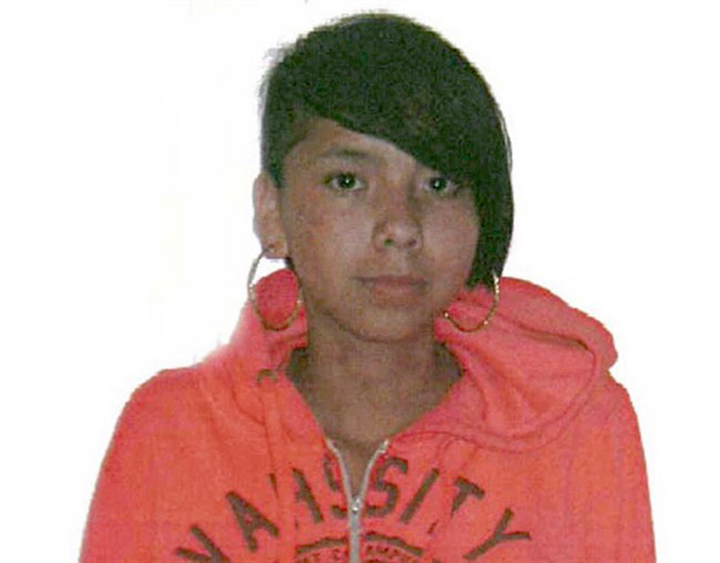

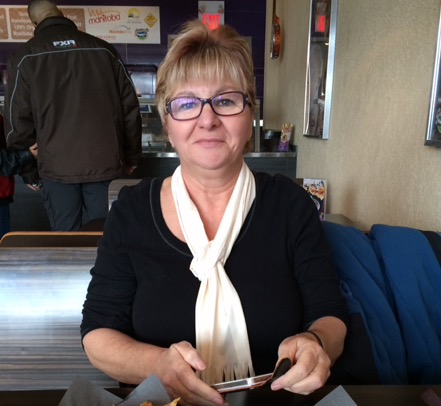

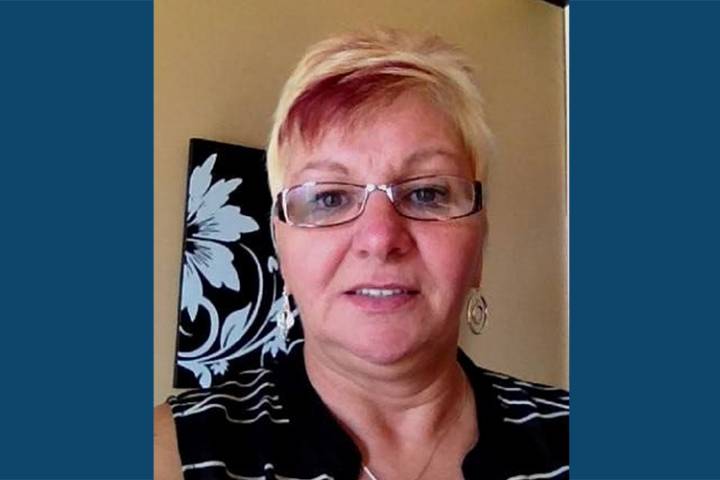



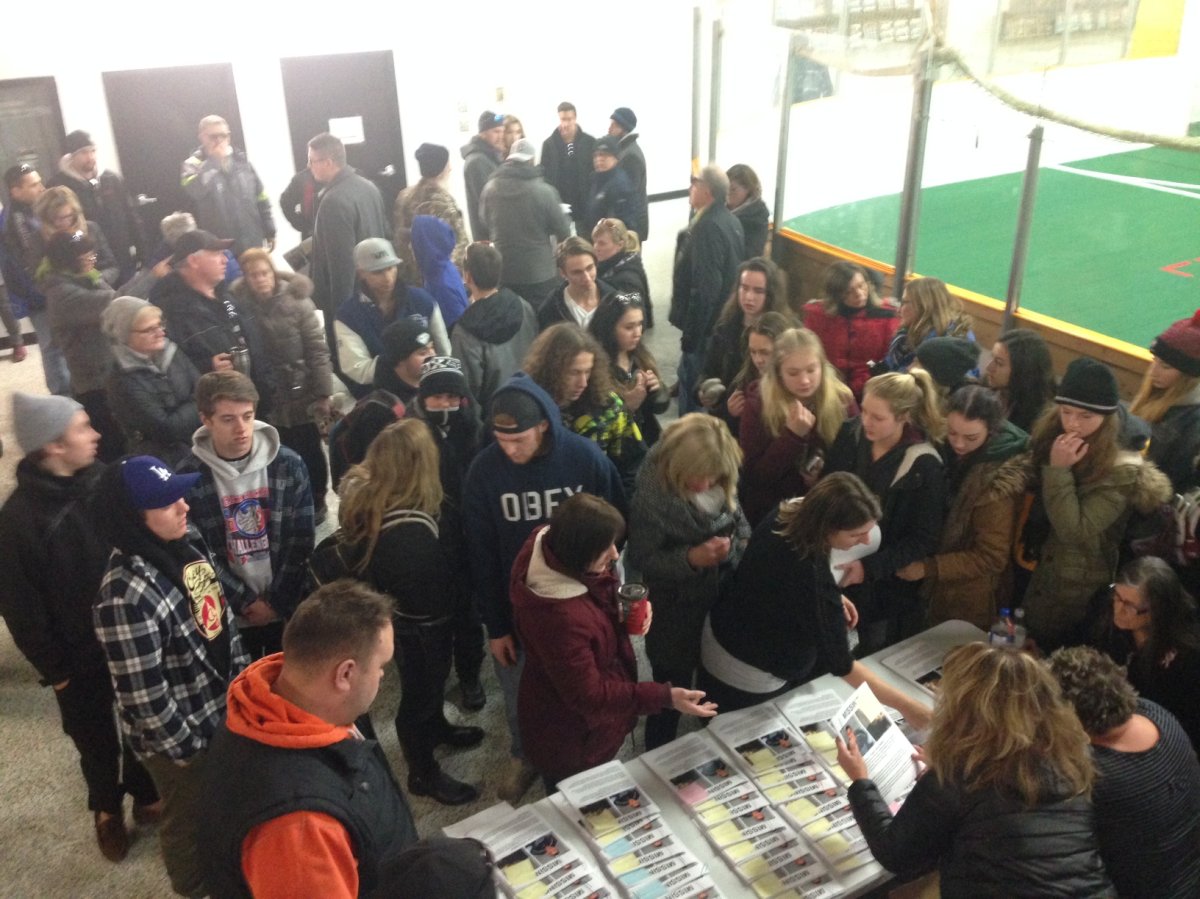




Comments